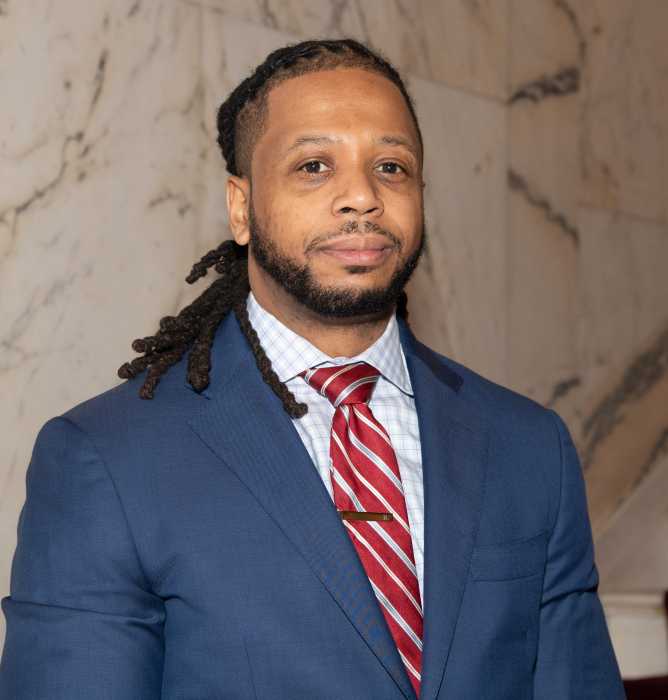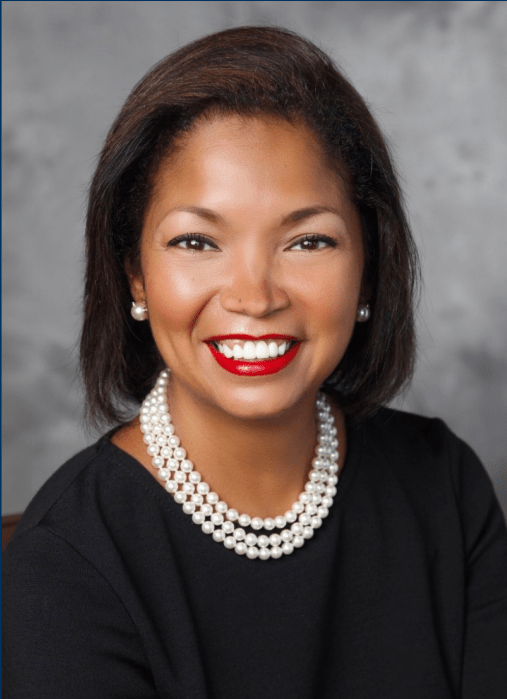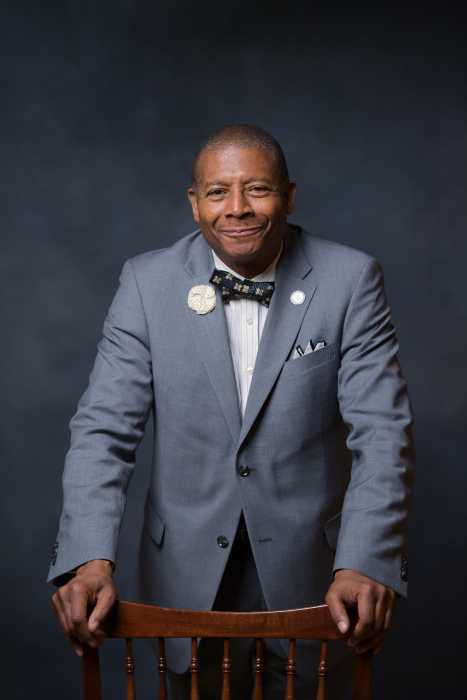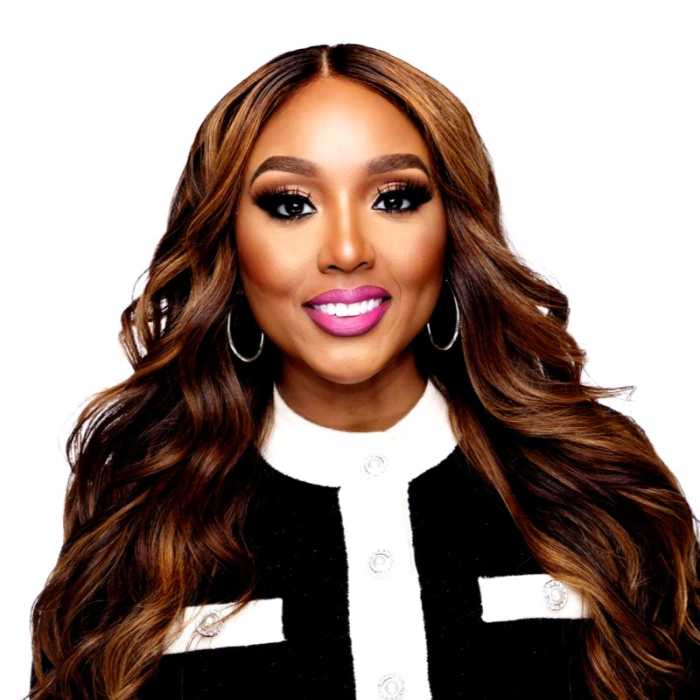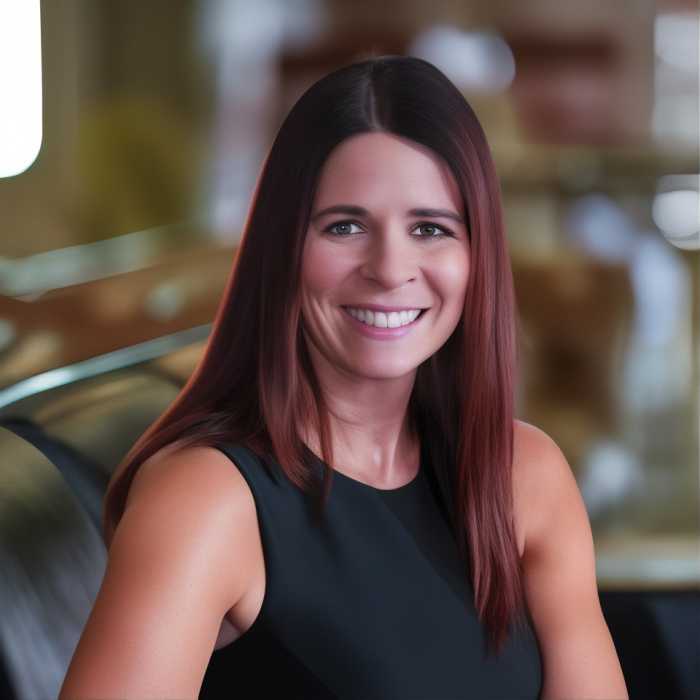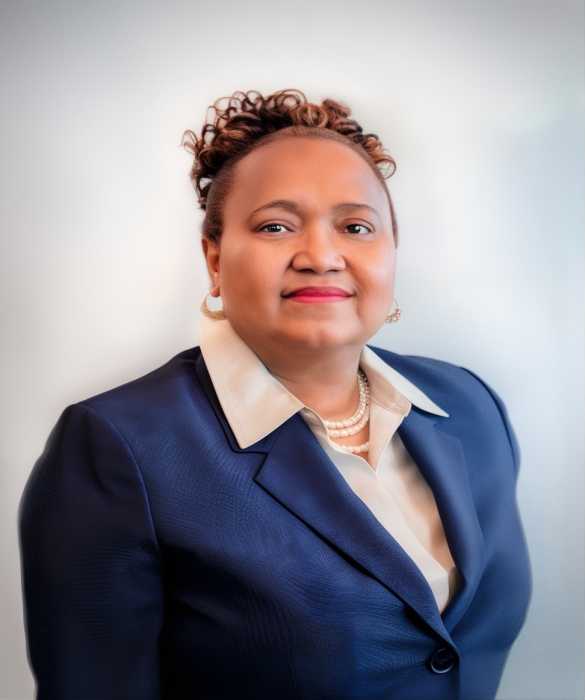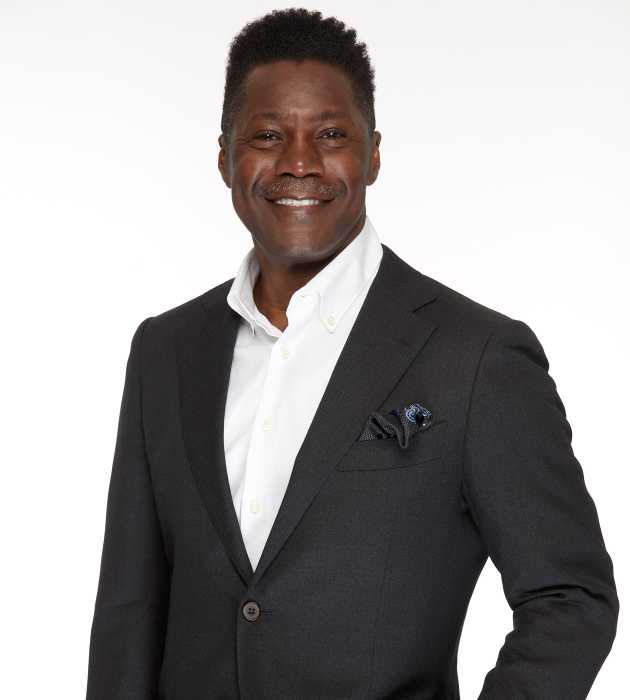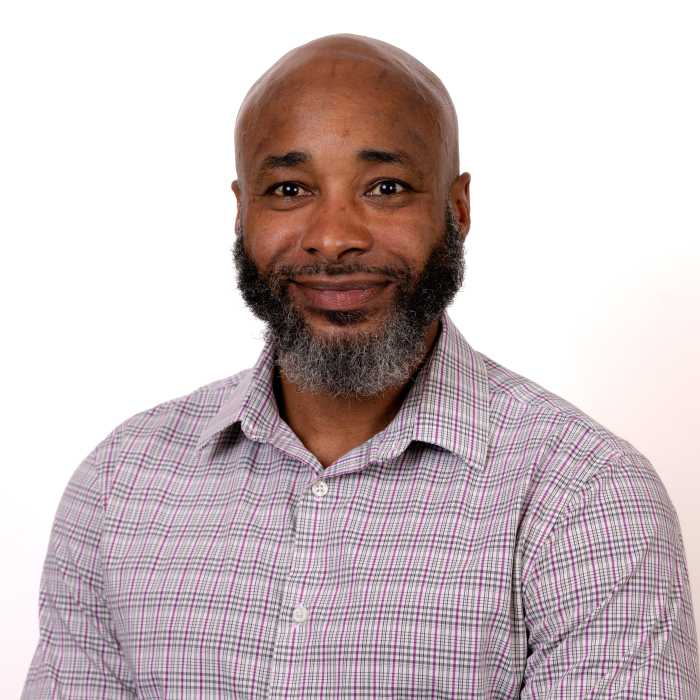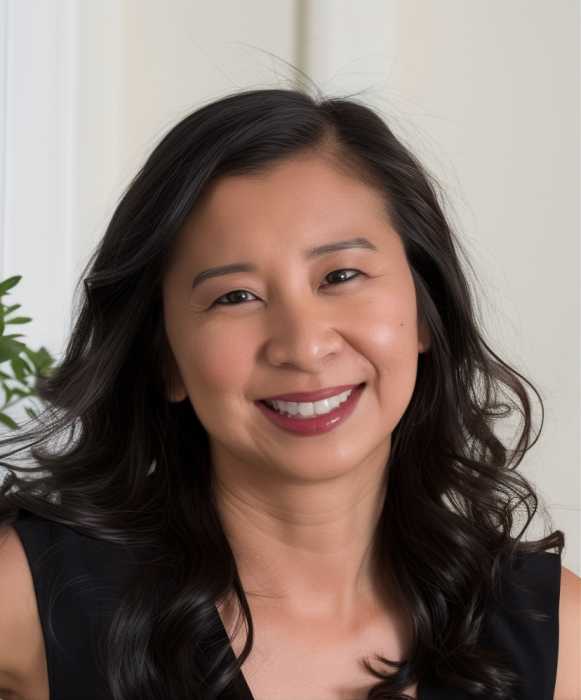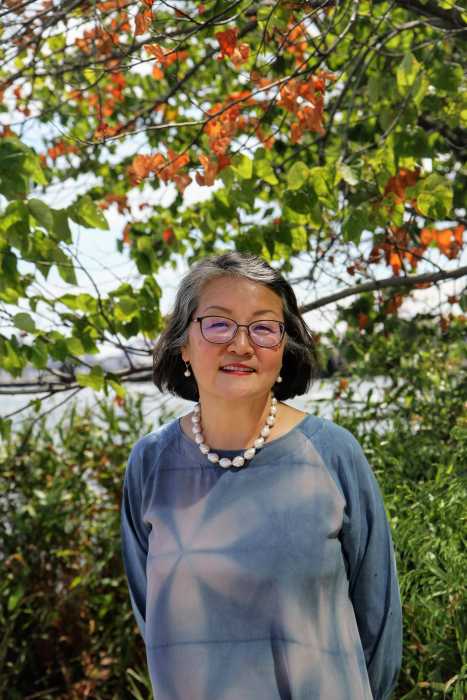Ever since a teacher made him Thurgood Marshall in a school play, Travis Rodgers – SVP for diversity, fairness, and belonging at Rising Ground – has firmly believed in fighting for equity and justice. A native of Baltimore and Washington, D.C., Travis obtained his B.A. in political science and his M.S.W. focusing on community organizing and children and youth, from the University of Michigan. He subsequently received his J.D. from Northeastern University School of Law.
What’s the most important lesson you’ve learned in your career so far?
Patience. I would say that part of me becoming a DEI professional started as an undergrad at the University of Michigan at the time of the affirmative action debates. I helped some people walk the continuum to be on my side of the issue, but it takes a lot of time, it takes a lot of patience, and it takes a lot of education. I have honed those skills over time.
Why is diversity, equity and inclusion important to you and/or your organization?
It’s important to Rising Ground because the people we support are often the most forgotten about folks in the city and so it is critical that we approach all of our activities through a lens of equity and a lens of fairness to be able to make sure that our staff is equipped to help these folks and also to advocate and fight against the systems that have created the situation that they’re in.
What advice do you have for organizations looking to establish or improve DEI initiatives?
Leadership needs to be dedicated to the work. Being able to report directly to the CEO and having a CEO who is dedicated to the work has been essential to my career and growth. Setting aside a budget for DEI work is also key. If you say you are going to have a DEI interest then you need to be committed to that work, and not just do a rainbow cup during Pride.


